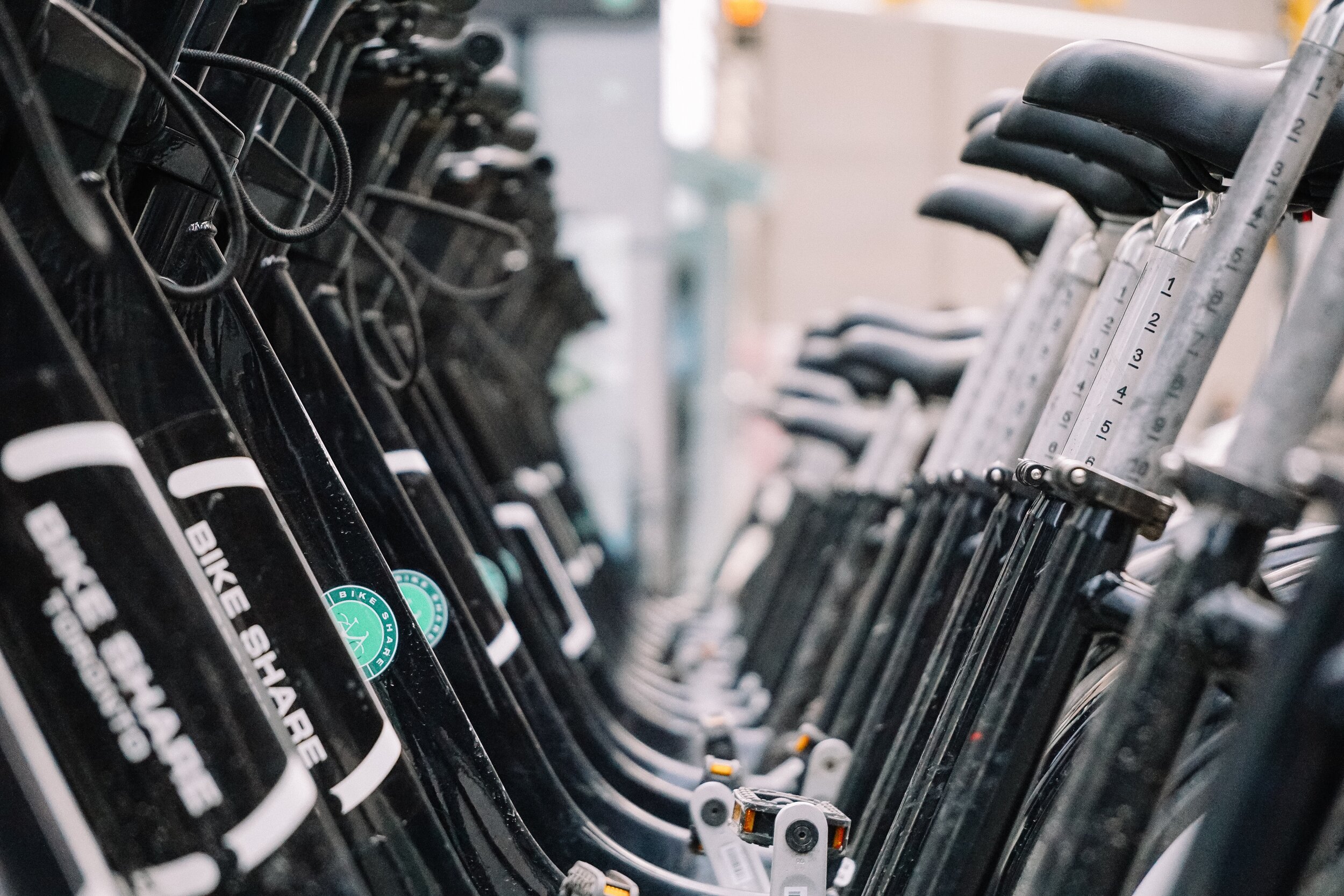
We study human behaviour and design impactful solutions for sociocultural problems.
Latest
New Ritual Design Toolkit Released
Whether it is a particular way we make tea or the way we welcome new team members, rituals are part of our daily lives and can produce remarkable positive results. They tap into something deep within us and add meaning and intention to our actions. Over the last few years, we have been working on understanding how to design rituals. We have helped improve product and brand experiences, we have shown helped people gain control over their unhealthy cravings and we have helped communities create more meaningful bonds. Our thinking has been captured in the Ritual Design Toolkit, a free downloadable toolkit to help you design rituals for your customers, colleagues and communities. Download the toolkit and let us know what rituals you design!
About us
Working at the intersection of design theory & methodology and behavioural science, we develop design outputs that advance academic knowledge and address concrete, societal problems.
As researchers - we partner with organisation on longer-term projects that relate to public health, nutrition, sustainability, finance and public services, amongst others
As consultants - we help organisations identify and frame pain-points and opportunities. Design interventions to address organisational and societal needs. Train individuals and teams in strategic-thinking around our areas of expertise
Expertise
Behaviour Change
How can we get a population in which only 4% of people wash their hands to adopt hand washing as part of their daily routine? How can we create more consistent exercise habits, or improve engagement on health apps? Working across sectors and cultures, we study and create interventions that lead to behaviour change.
Receive updates via the newsletter below
Ritual Design
Performing a simple ritual before eating your meal can make it more enjoyable. A negotiation that begins with a handshake will have better joint outcomes. Rituals, emergent or long-standing, enrich our everyday lives. We design rituals that lead to improved outcomes for individuals, groups and organisations.
Psychological Ownership
How might we encourage users of bike-sharing systems to care for the bikes as if they were their own? How might we redesign integrative services so that refugees feel at home in their new communities? Our work develops people’s sense of ownership in order to change the relationship they have to products, spaces, concepts and services.
Receive updates via the newsletter below
Contaminated Interactions
In an open-plan workspace, noise can act as a “contaminant”, negatively impacting people’s productivity. Indications of wear on reusable products can also act as “contaminants”; for a successful circular economy model, a product’s 100th use needs to be as appealing as its 1st. By mitigating such problems of contaminated interactions, our work improves and maintains positive user experiences.
Receive updates via the newsletter below
Human Connectivity
What motivates people to connect in different settings? What factors facilitate the process of connecting? In a world where societies across the globe face a loneliness epidemic and organisations struggle to foster cross-pollination between departments, our work improves performance, happiness and health by enhancing organic connections.
Receive updates via the newsletter below
Contact us





